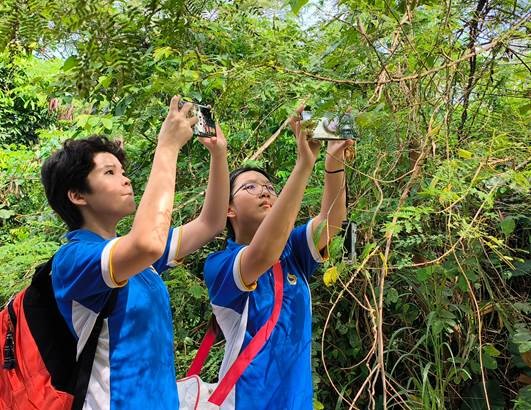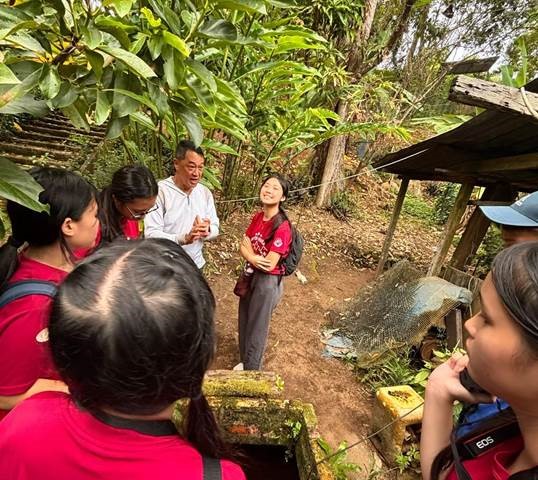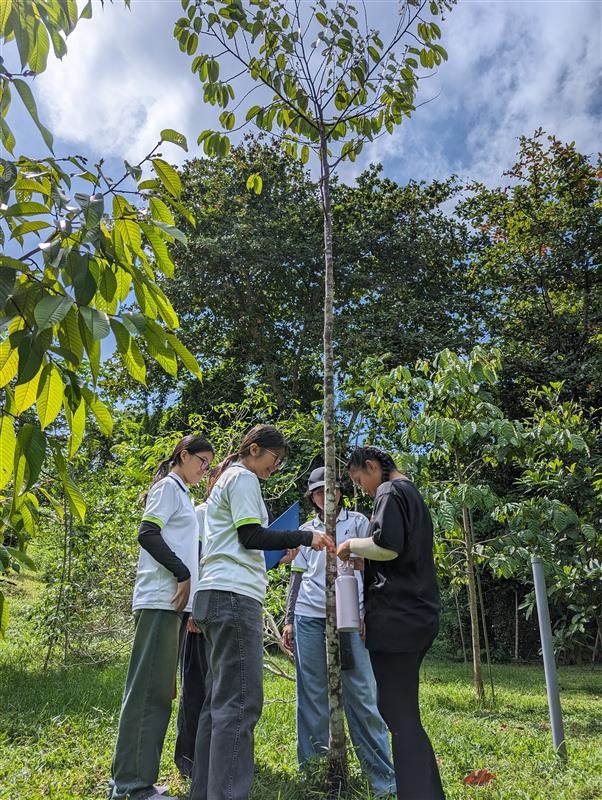Ubin School Initiative
The Ubin School initiative is a suite of programmes based at the Ubin Living Lab (ULL), with the objective to promote environmental education and stewardship, while also involving the Ubin community. The framework of Ubin School was co-developed with the Friends of Ubin Network (FUN) Educator Workgroup, who saw the value of using Pulau Ubin as an outdoor learning space.
Multi-disciplinary lesson plans will be co-created with educators. These lesson plans will incorporate The Ubin Project initiatives, involve the Ubin community and also celebrate Ubin’s rich natural and cultural heritage for generations to enjoy.
Contact us if you are interested to foster greater student involvement in environmental stewardship in your school https://go.gov.sg/ubinschoolinitiative.
Tapping on citizen science for habitat enhancement efforts
To transform Pulau Ubin into a learning classroom set in nature, the Ubin School initiative is tapping on citizen science to support habitat enhancement efforts for Pulau Ubin. For example, in 2024 and 2025, students from Meridian Secondary School contributed to the monitoring of reforestation sites on the island by tagging the planted trees and measuring their height and girth, supporting long-term ecological data collection.
This complements other ongoing habitat enhancement efforts with students, such as coastal clean-ups and invasive species management.
Experiential learning through interactions with Ubin villagers
Several learning journeys conducted this year have involved members of the Pulau Ubin community. For instance, as part of their learning journey on the changing landscapes of Pulau Ubin and the relationship between the island and its villagers, students from North Vista Secondary School’s Outdoor Activities Club visited a kampung house and interacted with a villager to understand the Ubin way of life. During their visit, students learnt about the cultivation of fruit trees and medicinal herbs and had the opportunity to experience drawing water from traditional wells.
Similarly, as part of Commonwealth Secondary School’s STEM elective, Secondary 3 and 4 students learnt about sustainable practices on the island by observing the villagers’ daily routines.
Activities




